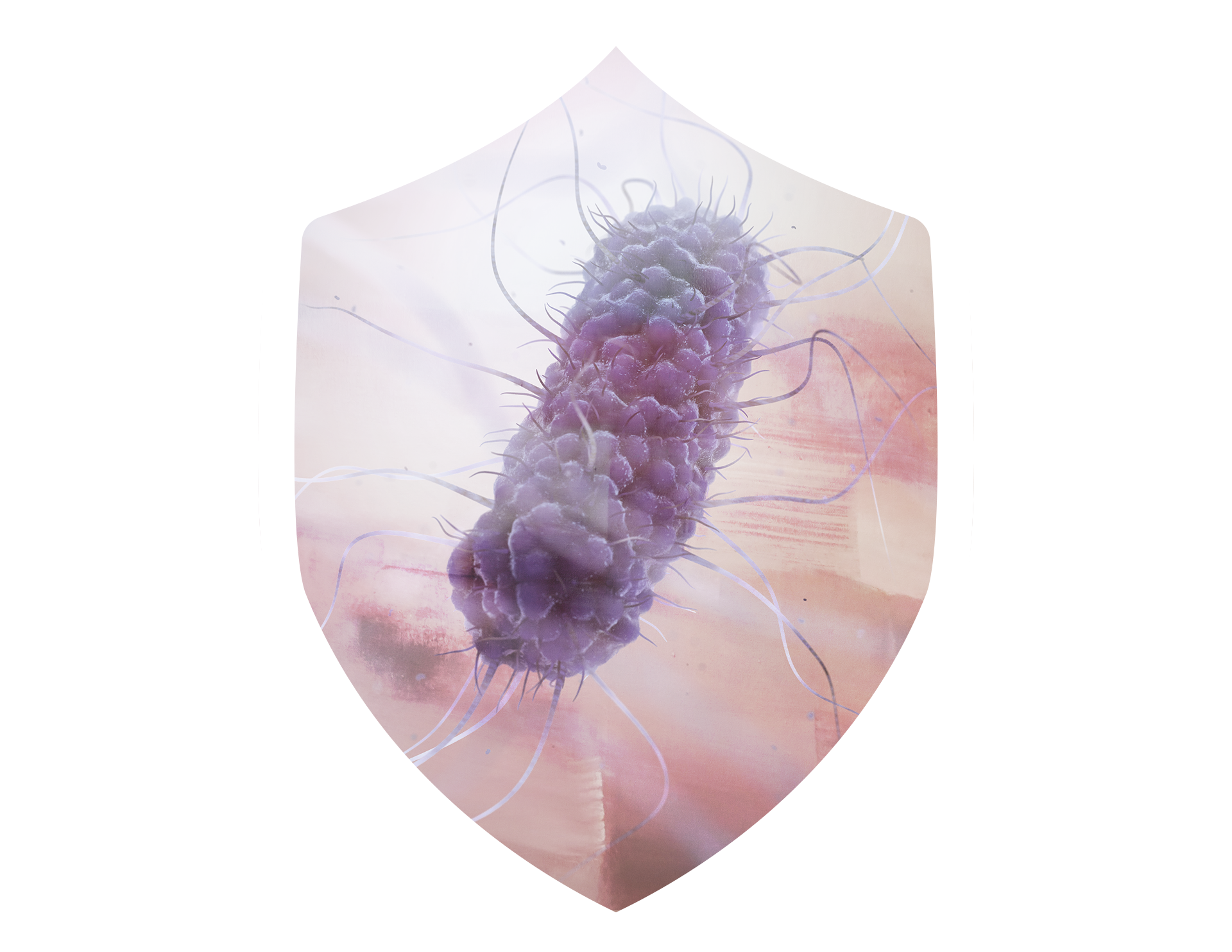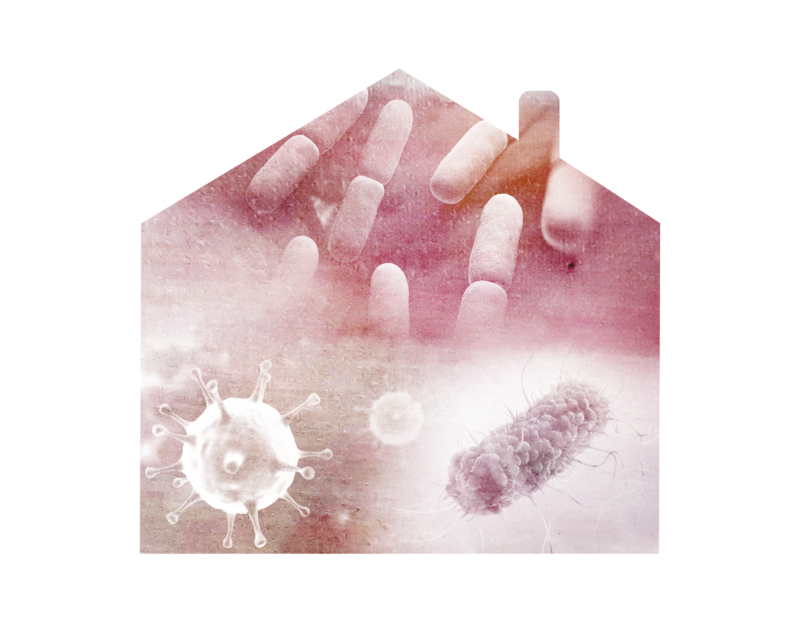What are the functions of the gut?

Digesting feed and absorbing nutrients
Digestion of feed can be divided in two distinctive processes: (1) the mechanical digestion by chewing, grinding, churning and mixing in upper gastrointestinal tract (mouth/crop and stomach) and (2) chemical digestion using enzymes and bile acids to break down feed material into its constituent components in the small intestine. Nutrients are absorbed in the small intestine which has a large inner surface area due to folds of the epithelial layer (villi) and presence of microvilli on the enterocytes within the epithelial layer.
Providing protection against pathogens and toxins
Intestinal integrity
Intestinal integrity is the ability of the GIT to act as a physical barrier, preventing the translocation of pathogens and potentially harmful molecules such as mycotoxins and endotoxins. Intestinal integrity is considered to be mainly maintained through (A) the mucus layer, covering the epithelial cells, and (B) tight junction proteins, connecting the epithelial cells. Impairment of the intestinal integrity may lead to microbial translocation (pathogens and toxins such as endotoxins), possibly causing inflammation.
Gut associated lymphoid tissue (GALT)
The GIT is considered to be the largest organ of the immune system as more than 70% of the cells of the immune system are located there. The GALT comprises of set of cells such as mesenchymal cells, dendritic cells, lymphocytes and macrophages located beneath the mucus layer and the single layer of epithelial cells. The main function of the GALT is to recognize and respond to pathogenic stimuli, without mounting an inflammatory response when it processes antigens from food or the commensal microbiota.


Harbouring a balanced microbial population
The gut microbiota is a vast group of microorganisms including bacteria, viruses and fungi residing predominantly in the hindgut, and that lives in symbiosis with the host. A healthy and well-balanced microbiota is key for a healthy animal as the gut microbiota contributes to the intestinal integrity, the digestion of nutrients and supports the immune system. Various stress factors can affect the gut microbiota and cause an imbalance or dysbiosis in the bacterial population by decreasing the beneficial bacterial population and increasing the unfavourable bacterial population.
What is optimal gut health?
Optimal gut health depends on the intestinal integrity, the mucosal immune system and the microbial population, and their interactions. Under ideal conditions, these components are in balance and most dietary nutrients are directed towards growth and production. However, modern production systems expose animals to various stress factors throughout their life cycle. These stress factors, such as pathogens, toxins, heat stress, vaccinations, feed quality and feed transitions, can lead to an imbalance between the intestinal integrity, the microbiota and the immune system. As a result, digestion and absorption of nutrients become ineffective and more nutrients are used by the immune system, at the expense of the zootechnical performance.
Promoting gut health with feed additives
The increasing genetic potential of our livestock and intensive production systems together with the clear and inevitable need to move away from anti-microbial growth promoters requires alternative strategies to support and maintain an optimal gut health for improved animal welfare and performance. Nowadays, feed additives have a crucial role to play in strengthening intestinal health and reducing antibiotic use.
Nutrex’ offers a vast array of different products supporting one or more facets of gut health by
- Improving feed digestion with feed enzymes (Nutrase)
- Reducing the presence of toxins such as mycotoxins and endotoxins (Free-Tox and EndoBan)
- Supporting gut integrity (Nutracid, Y-MOS, PhytoStar)
- Supporting gut development (Y-MOS)
- Stimulating a beneficial microbiota (Y-MOS, Nutracid)
